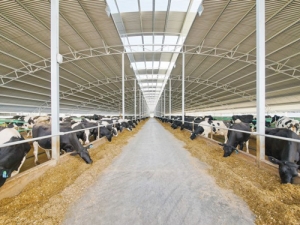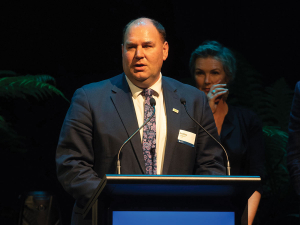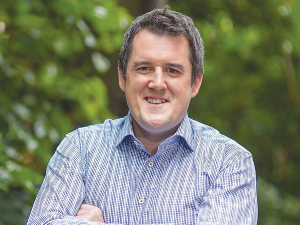The Zeecol system converts cow effluent into fuel, fertiliser, electricity and high protein feed, he says.
Mook is the founder of the New Zealand company and a Canadian subsidiary; he is based in Christchurch.
A Mid Canterbury dairy farm is said to be committing to a Zeecol system.
Though various system components are in use discretely in other countries, NZ is the first country where a complete system has been run onfarm.
Elements of the system were developed for use in a space station where waste must be contained at all times – no leaks or build-up of harmful substances.
The technology can displace conventional farm treatment and disposal systems, Mook says.
"We have the technology to cost-effectively contain cow waste and increase productivity. There is no odour, no impact on the environment; everything that goes in comes out in a useful form."
Pannetts Dairies in Mid Canterbury is committed to a Zeecol system, Mook says.
"Using barns enables Pannetts to achieve a profitable, humane and sustainable farming environment that is not possible on a grass fed system. Cows are more comfortable in a properly built barn, but won't produce well if they are caged."
He forsees the 'top' 5% of herds as being likely users of the system – chiefly farms with barns or feedlots where a high proportion of effluent can be captured. In barns about 90% of effluent can be contained.
The system is also likely to appeal to farmers struggling to comply in waste management, Mook says.
In a full Zeecol barn system, a farm is supplied with $9000 of equipment per cow – owned, managed and maintained by Zeecol. The farmer is charged for the facility's output at a rate of 80% of the comparative fuel/electricity/fertiliser/feed costs being replaced.
Zeecol says Stanton farms in the US has converted to the gas processing part of the Zeecol system, enabling a capacity increase from 700 cows to 2000 and the feeding of electricity back into the local town grid.
















